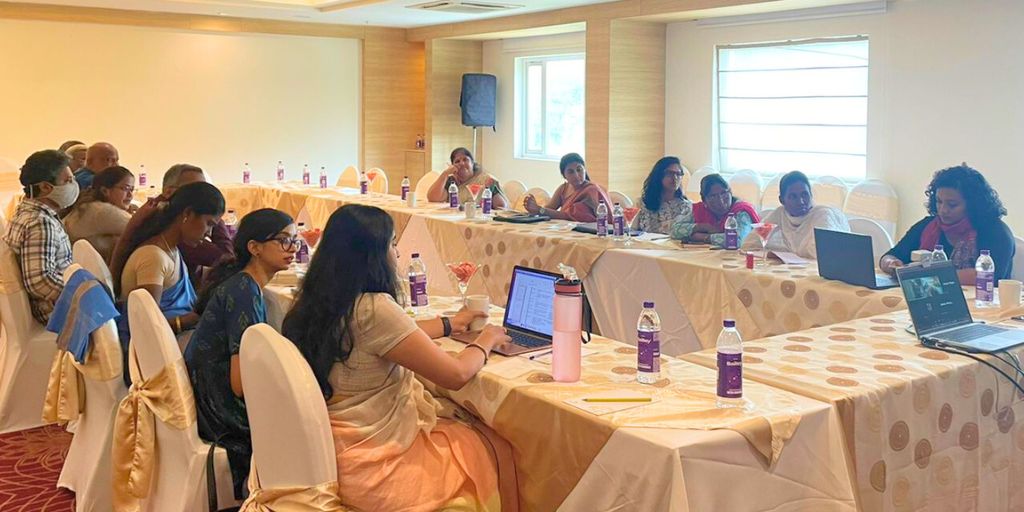International standards call for businesses to establish effective grievance mechanisms for the social and environmental impacts of their operations. These range from judicial mechanisms offered by labour courts and tribunals, to non-judicial options such as Multi-Stakeholder Initiatives (MSIs), inter-governmental bodies, National Human Rights Institutions, and company-led mechanisms. While judicial mechanisms are well-known, non-judicial ones are underutilized. This paper examines grievance mechanisms for India’s garment workers, focusing on MSI-led options.
Non-judicial mechanisms can build lasting relationships between businesses and communities, offer compliance and dialogue-based solutions, and mediate conflicts, preventing escalation. The report outlines challenges like worker awareness, accessibility, and stakeholder engagement, offering recommendations to enhance effectiveness through procedural refinement, communication, and capacity-building.
This report was produced by Cividep in collaboration with civil society organisations of the prominent prominent multi-stakeholder organization Partnership for Sustainable Textiles (PST), supported by Engagement Global and funded by the German Federal Ministry for Economic Cooperation and Development (BMZ). The report’s content does not necessarily reflect the views of the German Federal Ministry for Economic Cooperation and Development or of the CSOs in the PST.
Read the full report.

